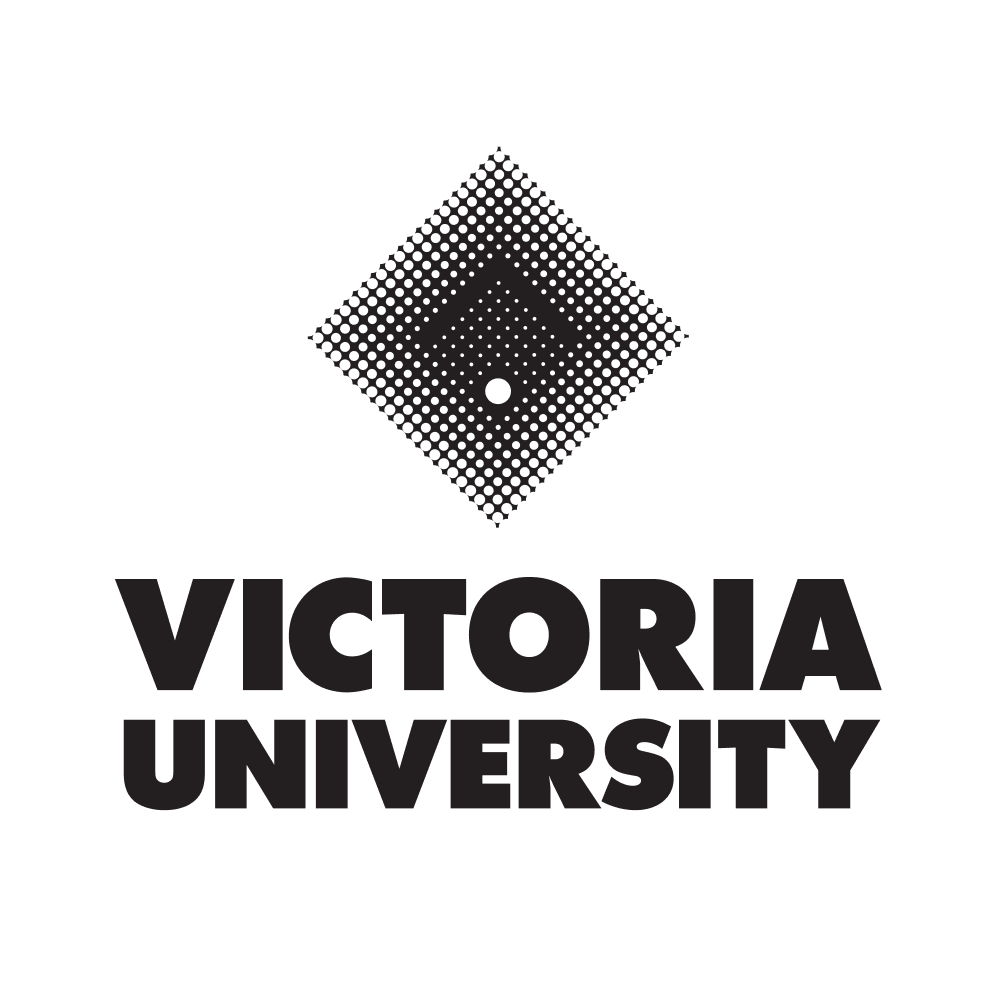Victoria University
Master of Supply Chain Management
- Delivery: Face to Face
- Study Level: Postgraduate
- Duration: 24 months
- Course Type: Master's
Launch your career in global trade and transport.

Course overview
This innovative program takes a holistic approach to hands-on industry practices, focusing on strategies that underpin the global supply chain.
Designed for professionals in the field of operations, procurement, warehousing, global trade and transport, the Master in Supply Chain Management develops your real-world experience through internships and industry visits.
During your study, you will have access to SAP-SCM and SAP-PP (production and planning) software, teaching you to plan, source and deliver goods in an optimised way.
On graduating with a Master of Supply Chain Management, you will have skills and expertise in complex and current supply-chain models, concepts and strategies, specialising in the following areas:
- Global procurement and operations management
- Green logistics and supply chain strategies in a global context
Key facts
Sydney
What you will study
To attain the Master of Supply Chain Management, students will be required to complete 192 credit points consisting of:
- 48 credit points of college core units
- 96 credit points of professional core units
- 12 credit points for the Business Ethics and Sustainability unit
- 12 credit points for the Applied Business Project (Capstone) unit
- 24 credit points of elective units
Each unit is worth 12 credit points.
College core units
- Accounting for management
- Business Economics
- Data Analysis for Business
- Work and Organisation Systems
Professional core units
- Business Analytics and Visualisation
- Global Procurement
- Green Logistics
- Strategic Management and Business Policy
- International Supply Chain Structure
- Supply Chain and Logistics Management
- Operations Management
- Planning and Control Through ERP Systems
Core units
- Business Ethics and Sustainability
- Applied Business Project
Electives
Students must complete 24 credit points of elective units.
Entry requirements
To be considered for postgraduate study, you will need to have specific academic qualifications, as outlined below. Victoria University also considers non-academic research and work experience for research candidates.
Admission criteria
Applicants must have one of the following:
- Completion of an Australian Bachelor degree (or equivalent) in any discipline.
- Completion of an Australian Graduate Diploma (or equivalent) in a similar discipline.
- Applicants without an undergraduate qualification may be admitted to the Graduate Diploma based on approved work experience. Upon completion of the Graduate Diploma, graduates will be eligible for admission to this course with credit granted for completed units.
Special entry programs
If you are from a disadvantaged or underrepresented social, economic or cultural background, you may be eligible for one of the university's special admission programs. These programs are designed to help you access education more easily.
Recognition of Prior Learning
You may receive credit for your previous study, reducing the time it takes to complete your course.
Pathways from other institutions
Any study completed at another institution will be considered in your application. If you have completed any of the following courses, you will be guaranteed a place in this course.
In some cases, you may receive credit for your previous study, reducing the time it takes to complete your course.
Credit for skills and past study
Applicants with an Australian Bachelor's degree (or equivalent), or higher, in a similar discipline may be eligible for an exemption of 48 credit points of study.
If you have completed a study with another university or institution, you may be eligible to receive credit for skills and past study.
Units can be credited if they are part of the course structure for the course you are applying for. Please note that credits relating to prior VU subjects are automatically granted and no further action is required.
For more information, contact the university or visit its website.
Outcomes
Learning outcomes
- Exemplify initiative and inspirational leadership in a contemporary supply chain work environment, acting consistently, ethically and socially responsibly.
- Critically analyse, reflect on and synthesise complex operations, supply chain and logistics concepts, strategies and theories.
- Investigate established supply chain models and theories in emerging situations and challenges in contemporary dynamic situations.
- Critically review the networks of businesses that collaborate to plan, source, make and deliver the products and services for global markets.
- Deliberate on the operations and supply chain strategies with the specialist and non-specialist audiences, including multi-disciplinary teams, diverse cultural communities, businesses and other professional organisations.
- Critically evaluate the full range of activities that constitute the supply chain management discipline, from global procurement and operations management to logistics strategies, green procurement and ERP-enabled supply chain systems.
- Implement research as a capstone project to generate and evaluate complex ideas and concepts at abstract and practical levels.
Career outcomes
Graduate ready for various roles in supply chain and logistics, including:
- Supply chain management
- Logistics coordination
- Global procurement
- Sourcing/distribution management
- Transport coordination
- Warehouse supervision
- Import/export and customs management
Fees and FEE-HELP
Indicative fee per unit in 2026: $4,313 (domestic full-fee paying place)
Indicative full fee in 2026: $34,500 per year (domestic full-fee paying place)
Full-fee courses are not government subsidised. You will pay the total cost of each unit.
A student’s fee may vary depending on:
- The number of units studied per term.
- The choice of major or specialisation.
- Choice of units.
- Credit from previous study or work experience.
- Eligibility for government-funded loans.
You may also need to pay the student services and amenities fee.
Student fees shown are subject to change. Contact the university directly to confirm.
FEE-HELP loans are available to assist eligible full-fee paying domestic students.








